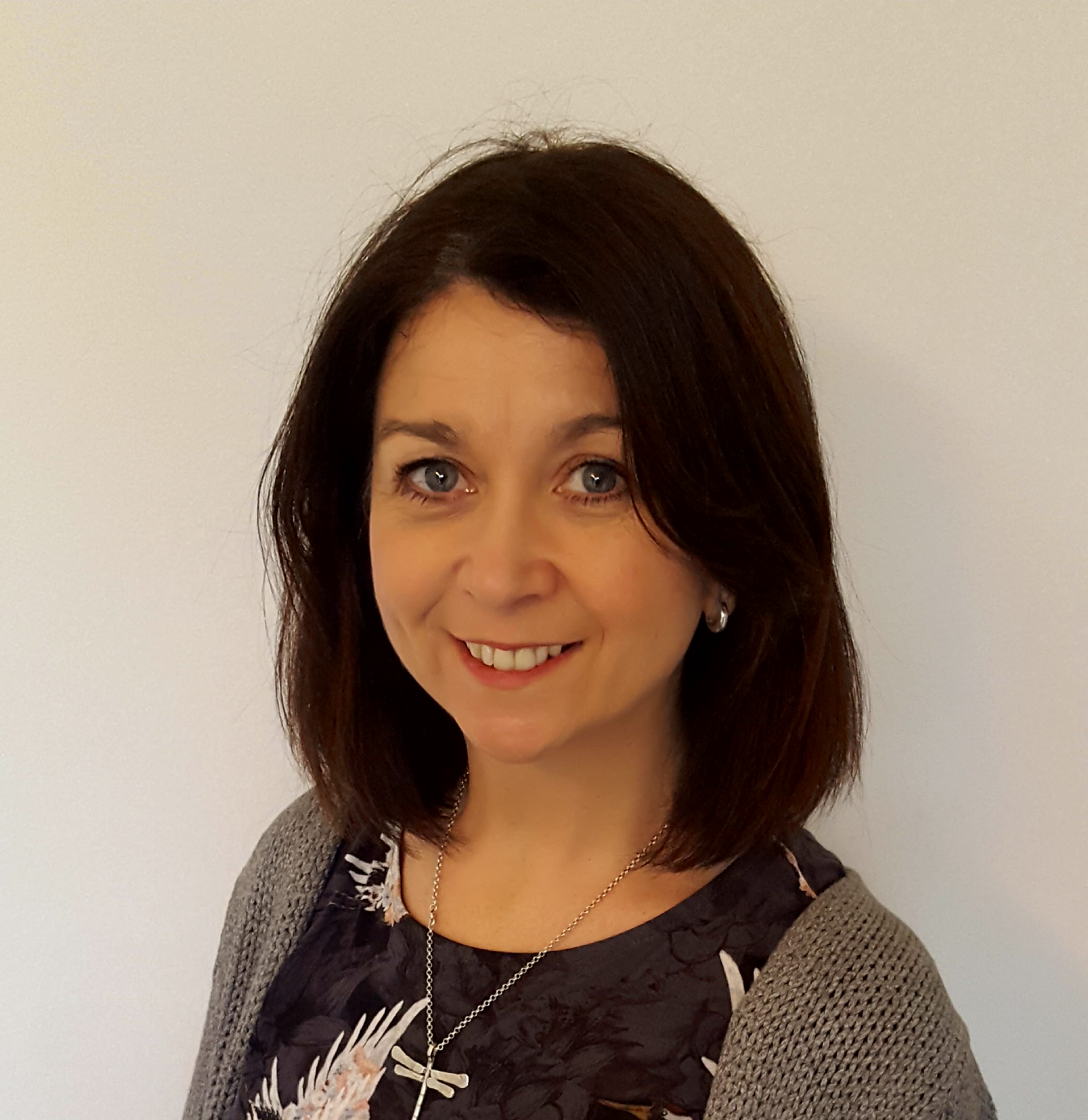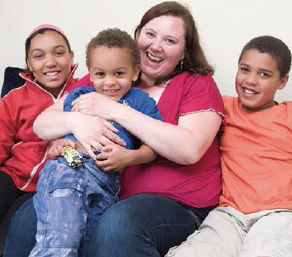Where is the ‘transformative change’ we need to prevent harm? Thirteen years on from GIRFEC, we’re still focused on crisis rather than prevention
5 June 2019
Responding to Call 4 of our 25 Calls campaign, Mary Glasgow says that for all the heated discussion about ACEs and embedding of the idea of ‘preventative services’, there remains a shocking lack of help for families
Call 4: To end abuse and neglect, live what we know: it’s everyone’s job to make sure children are alright
In her Call arguing that it must be ‘everyone’s job to make sure children are alright’, Brigid Daniel ends with an impassioned ask ‘for greater empathy for the plight of those who are feeling the rough end of social inequalities and a greater willingness to share our resources fairly.’
It therefore seems telling that I’m writing this just after Douglas Hamilton, Chair of the Poverty and Inequality Commission, has called for ‘deeds not words’ to truly tackle poverty in Scotland.
Sadly, for those of us working alongside families to help them keep their children safe and influence public policy to advance children’s rights, Douglas’ words and the struggle to identify how current approaches differ significantly from previous ones, as highlighted by the Commission in the Delivering Inclusive Growth in Scotland report (click to read), sound all too familiar.
Across children’s services and the policy agenda the idea of ‘preventative services’ ‘early help’ and ‘family support’ are firmly embedded. But 13 years after Getting it Right For Every Child (GIRFEC) was introduced, we still haven’t seen the transformative change in children and families' services, from crisis management to prevention, that is so urgently required.
The intersections between neglect, abuse and trauma in childhood and poverty and inequality are complex. And recently within the children sector, there have been – let’s be honest – some heated discussions about whether a focus on Adverse Childhood Experiences (or ACEs) is a distraction from the urgent need to address the structural inequalities that perpetuate poverty.
I believe this discussion is doing children and families a huge disservice. There is no dichotomy between addressing ACEs and structural inequalities. If children are to thrive, we need to recognise this interplay and do both.
At Children 1st we have long been supportive of ACEs-awareness raising in Scotland. Not because we believe that tracking individuals’ ACEs scores is helpful to individual recovery or in transforming services, but rather because it has the power to help us shift what Brigid Daniel so rightly highlights as “The biggest barrier to reform…the tendency to seek an individual to blame.”
All too often parents tell us that the roots of their troubles today lie in the unresolved trauma of their childhood experiences. When parents talk about how they were abused or neglected as a child, a story they may never have shared with anyone else, it seems little wonder that in the absence of any other support they’ve turned to alcohol, drugs, or other ultimately unhelpful strategies in a bid to numb the pain.
By refocusing attention on the lifelong impact of childhood adversity, an awareness of ACEs helps services move away from asking: “What’s wrong with you?” to asking: “What’s happened to you?”
Immediately it removes the shame, blame and guilt of being labelled a ‘bad parent’, which can prevent families from engaging with services. Instead it becomes an empathetic starting point for a trauma-informed approach which helps parents understand and recover from their own difficulties, so that with the right support they can break the cycle of trauma and prevent and protect their children from harmful experiences.
There are funding pots available for the type of preventative holistic and child-centred trauma-informed support Children 1st provides across Scotland to break this cycle of trauma. And there are local authorities and other statutory services that are keen to consider new approaches, co-designed with children and families to best meet their needs.
At present however, they are small green shoots. Overall there is a shocking lack of help for families to prevent harm and a heart-breaking gap in support to help children and families recover from trauma and distress.
Children and families require the goodwill around poverty to be translated into action that addresses the structural inequalities that hold them back economically. But they also require a parallel change in the way they are supported, to break the cycle of intergenerational trauma and ensure all children in Scotland grow up in safe, happy, loving and hopeful families.
Mary Glasgow is Chief Executive of Children 1st.
She is responding here to Call 4 of our 25 Calls campaign, by Brigid Daniel, ‘To end abuse and neglect, live what we know: it's everyone’s job to make sure children are alright.’ Click here to read the call


Call 4
To end abuse and neglect, live what we know: it’s everyone’s job to make sure children are alright
Click to read the full call25 Calls campaign
Find out more about the 25 Calls campaign, view press coverage and read further responses
Click to find out more